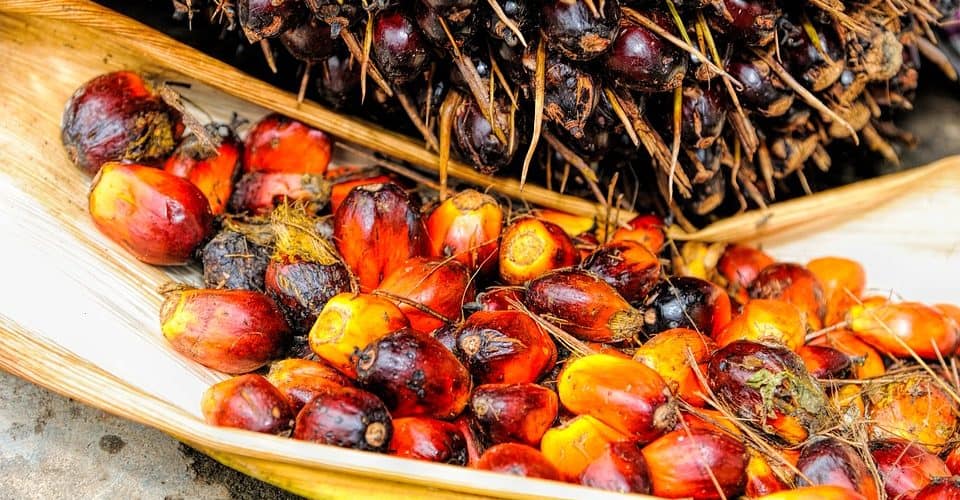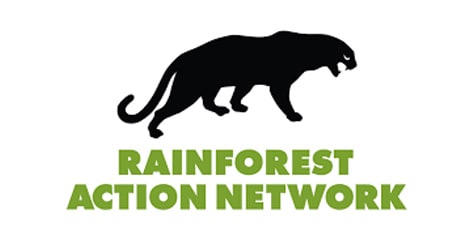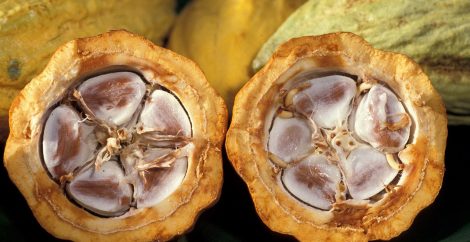Goal:
While we and our partner, Rainforest Action Network, commends PepsiCo for making a public commitment against forced labor in its supply chain, we call on the company to commit to 100% independent traceability of all use of palm oil
Summary:
Considering reports of forced labor in Malaysia and Indonesia, there was an urgent need for immediate enforcement, monitoring and independent verification at all levels of PepsiCo’s palm oil supply chain. We asked our advocates to petition PepsiCo to stand up against modern slavery in the palm oil industry.
The majority of global palm oil comes from plantations in Malaysia and Indonesia, where journalists and workers’ rights organizations have documented widespread exploitation. Workers are often trafficked into bonded labor, forced to live and work under extreme conditions with limited legal recourse, and suffer from physical or threatened abuse. Child labor is also known to be a problem within palm oil plantations.
Outcome:
A total of 44,689 advocates called on PepsiCo CEO Indra Nooyi to pledge to exclusively and immediately use slavery-free palm oil. In January 2018, PepsiCo partially suspended procurement with one of their palm oil suppliers following child labor allegations on Indonesian plantations. Read the story here.






